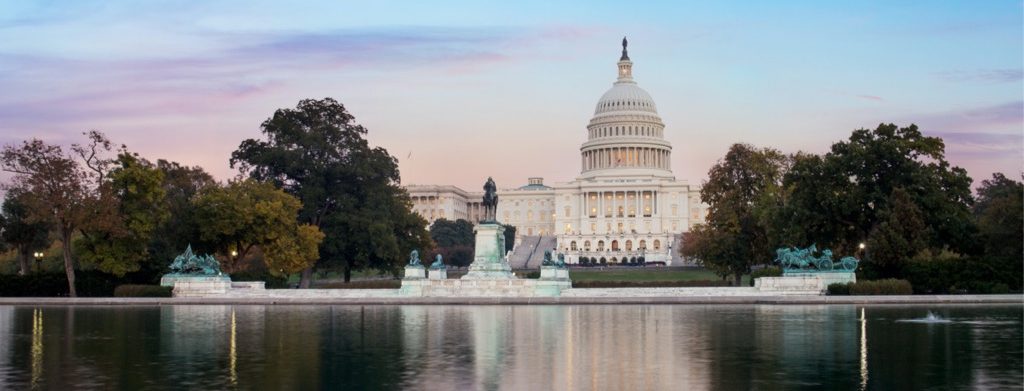
DUI Trial Testimony: Horizontal Gaze Nystagmus
BY DEFENSE ATTORNEY
Q: Now, officer, turning to the HGN?
A: Yes.
Q: The horizontal gaze nystagmus?
A: Yes.
Q: It’s fair to say that you are not an opthamologist?
A: That’s right.
Q: Or an optometrist?
A: No.
Q: Or an optician?
A: No. I am not.
Q. But, according to the government, you are an expert in the HGN?
A: Yes. In the administration of the HGN.
Q: I’d like to read a sentence from the expert notice I received and have you tell me whether or not you agree with it.
A: Okay.
Q: It says: The HGN test is predicated on the scientific principle that ingestion of alcohol and certain types of drugs causes the detectable presence of exaggerated HGN in a person’s eyes. I’m sorry. That is quote and unquote. Do you agree with that statement, sir?
A: Yes.
Q: Tell me how you would distinguish between HGN and exaggerated HGN?
A: As I stated to the prosecutor, nystagmus isn’t noticeable in the eyes of somebody that is sober, it becomes exaggerated to the point of being visible to the naked eye when the individual is under the influence of alcohol.
Q: So your testimony is that everyone has nystagmus?
A: Yes.
Q: And your two weeks of training four years ago allows you –
A: — it was three years ago.
Q: And your two weeks of training three years ago allows you to distinguish between regular nystagmus and exaggerated nystagmus?
A: Yes.
Q: And it was dark out that night?
A: There were street lights.
Q: And also lights from your squad car?
A: I turned the lights off before I administered the test.
Q: Officer, you testified on direct about false nystagmus, right?
THE PROSECUTOR: Your Honor, I’m going to object to mischaracterizing. May we approach?
THE COURT: Okay.
(Bench conference).
THE COURT: Okay, what is mischaracterized?
THE PROSECUTOR: The officer testified that this false nystagmus was in relation to other causes of elevated nystagmus.
THE COURT: You can redirect the witness.
THE PROSECUTOR: That’s fine.
THE COURT: When you said your objection was mischaracterizing I thought that you were saying that defense counsel restated the witness’s testimony –
THE PROSECUTOR: Yes.
THE COURT: — in a way that was mischaracterizing. But it sounds like it was just not complete. I think there’s a difference.
THE PROSECUTOR: Okay.
DEFENSE ATTORNEY: Your Honor, we were told not to use speaking objections. I would ask you to instruct the jury that I haven’t mischaracterized the evidence.
THE COURT: I’m just going to indicate that the objection is overruled. Okay.
(Close bench conference.)
THE COURT: Ladies and gentlemen, the objection is overruled. Counsel, please ask the question again.
Q: You testified on direct about false nystagmus, right?
A: Yes.
Q: That’s the term you used?
A: Yes.
Q: And that was in the context of strobe lights, right?
A: Correct.
Q: You are also familiar with the term optokinetic effect?
A: No, I am not.
Q: You did not learn about this in your training?
A: No sir.
Q: What do you mean by false nystagmus?
A: The strobing lights can cause me to see nystagmus when it may not be there, that’s why we turn off the front light so that the individual is not looking at the strobing lights.
Q: So when you say false you mean not caused by alcohol?
A: It’s – it’s not there – it’s not there is what I’m saying. The strobing lights can cause – it can cause an effect that’s not caused by alcohol, yes.
Q: Okay, but the strobe lights do cause nystagmus, right?
A: Yeah. That’s why we turn them off, yes.
Q: How can you tell the difference between nystagmus caused by strobe lights and nystagmus caused by alcohol?
A: I don’t know, sir. I’m not a medical doctor, I’m aware of nystagmus caused by alcohol and –
Q: Sir, you’ve just been qualified as an expert. In your two weeks of training three years ago were you not told that there are other causes of nystagmus?
THE COURT: A false nystagmus?
DEFENSE ATTORNEY: Actually nystagmus.
THE COURT: Okay. Nystagmus.
THE WITNESS: I don’t recall.
BY THE DEFENSE ATTORNEY:
Q: So you don’t recall caffeine being a cause of nystagmus?
A: No.
Q: Nicotine?
A: No.
Q: Tranquilizers?
A: No.
Q: Pain medication?
A: No.
Q: Antihistamines?
A: No.
Q: High blood pressure?
A: No.
Q: Eye strain?
A: No.
Q: Simple tiredness?
A: No.
Q: This was 3:30 in the morning, right?
A: Yes.
Q: Did you ask my client whether he had consumed any caffeine to stay awake that late?
A: I did not.
Q: Did you ask him whether not he had consumed nicotine that night?
A: No.
Q: But you could tell that the nystagmus you witnessed that night was caused by alcohol and not by one of the many other possible causes of nystagmus?
A: I witnessed 6 clues, three clues in each eye.
Q: But you can’t necessarily say that those clues were caused by alcohol and didn’t have some other cause?
A: No.
Q: You testified on direct that you have arrested people at that point, right?
A: I’m sorry?
Q: You testified earlier that you have arrested some people after the HGN, without administering the other two tests.
A: Yes.
Q: But in Mr. Smith’s case you didn’t arrest him at that point, did you?
A: No.
Q: Despite three clues in each eye for a total of six clues?
A: Correct.
Q: You didn’t arrest him?
A: No I didn’t. Not at that point.
